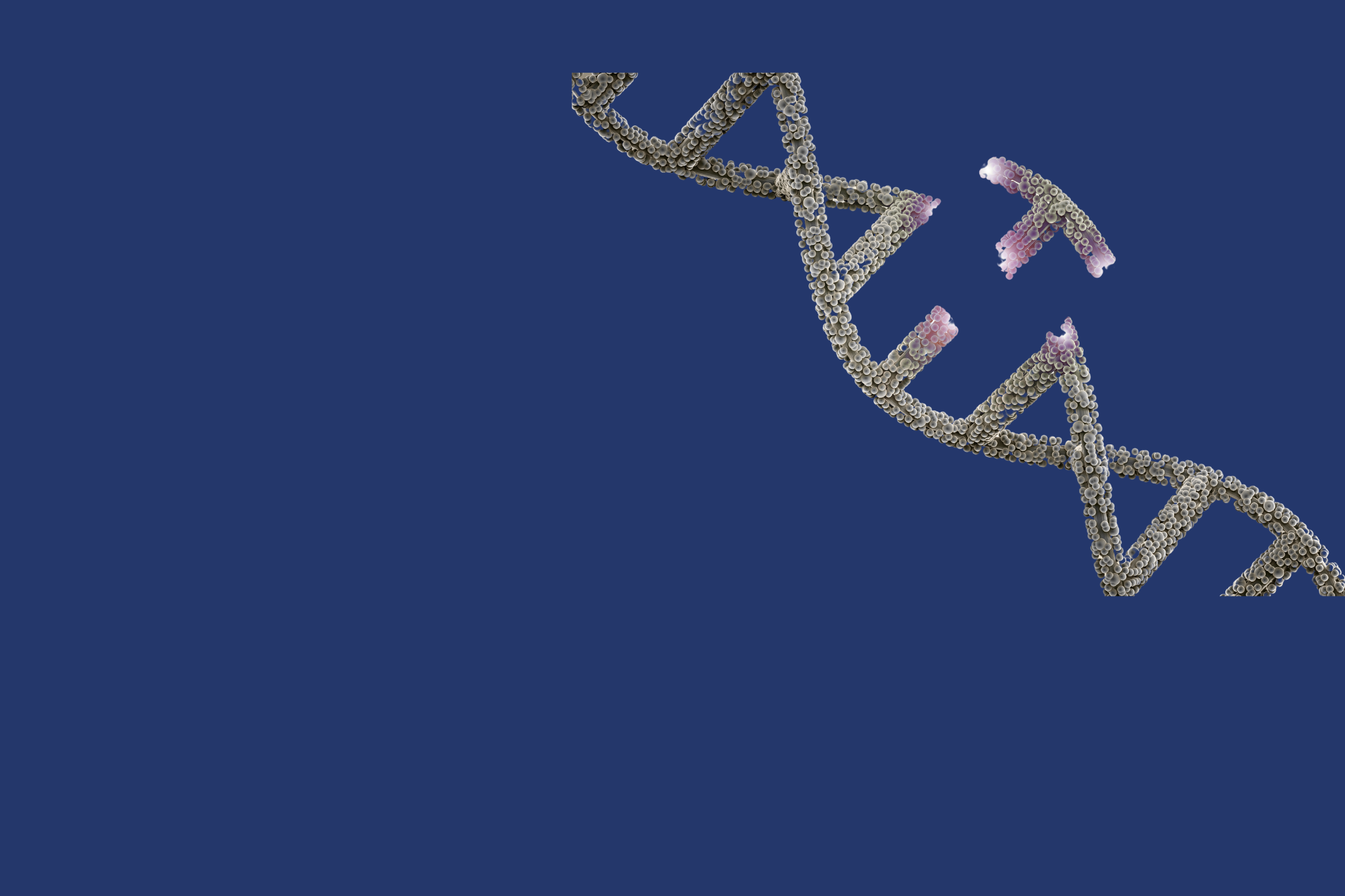overview
PGS involves testing embryos for chromosomal abnormalities before they are implanted into the uterus. This screening helps identify embryos with the correct number of chromosomes, increasing the likelihood of a healthy pregnancy and reducing the risk of miscarriage or genetic disorders.
The process begins with the creation of multiple embryos through IVF. At around day 5 or 6, when embryos reach the blastocyst stage, a few cells are carefully biopsied from each embryo without harming its ability to develop. These cells undergo genetic analysis to check for chromosomal aneuploidies (extra or missing chromosomes) or structural abnormalities.
Symptoms & Diagnosis
Embryos that are found to be chromosomally normal (euploid) are selected for transfer, while those with abnormalities are usually not implanted. By transferring only healthy embryos, PGS can significantly increase IVF success rates, especially in women of advanced maternal age, couples with recurrent pregnancy loss, or those with repeated IVF failures.
Advantages of PGS:
- Improves IVF Success Rates
- Reduces Risk of Miscarriage
- Increases Chances of a Healthy Baby
- Ideal for Older Women
- Helps with Recurrent Pregnancy Loss
- Reduces Need for Multiple IVF Cycles
- Supports Single Embryo Transfer (SET)

